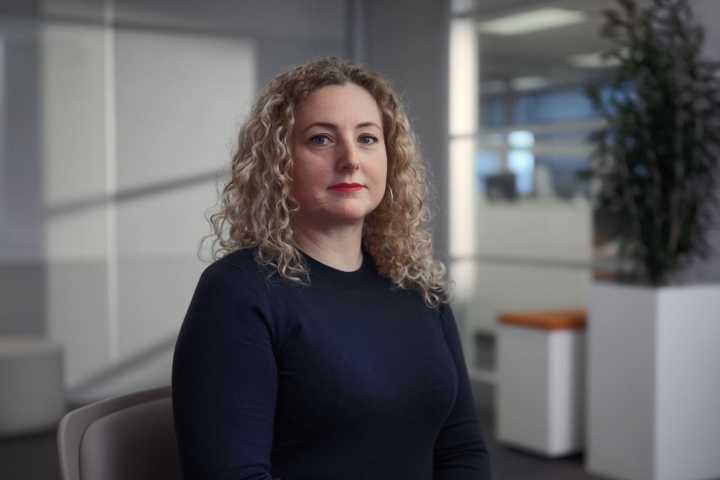
New sustainable procurement policy promotes catalysts for change in the gambling industry
BCLC's Jenny Miles discusses how DEI plays into RFPs
As social purpose companies have come together to make progress on their shared goal of creating a better world, social purpose has come to mean something more than just one way of doing business. Social purpose has started to refer to the advancement of doing business differently – its own movement.
The British Columbia Lottery Corporation (BCLC) is building upon this movement through its new social purpose and sustainable procurement policy. As a gambling company, BCLC sees huge potential to extend its social purpose through its partners in the supply chain and vendor relationships.
“For us, ‘generating win-wins for the greater good’ isn’t just about creating more positive social impacts through our product and experiences, but through collaboration with other businesses so they can also be catalysts for change,” said Jordan O’Genski, Interim Director of Social Purpose and Community & Stakeholder Engagement. “It’s about expanding and amplifying our impact.”
Jenny Miles, BCLC’s Manager of Social and Sustainable Procurement, agrees.
“We can have such a positive impact beyond ourselves,” she said. “For example, one of our key suppliers became really excited about the social purpose journey for themselves after they learned more about it from us.”
Miles elaborated on this stance in the below video interview:
In line with its new policy, BCLC now structures its requests for proposal (RFPs) to include specific questions about environmental, social and governance (ESG) targets, diversity, equity and inclusion (DEI) or circularity, for example, indicating BCLC’s commitment to these values and seeking the same from the suppliers it works with. Further to that, BCLC places a greater weight on these questions in the evaluation to underline their significance.
“A lot of times, companies might list two or three questions about social responsibility in an RFP and then give them a weight of two or three percent, so the effect is that they don’t really influence the outcome,” said Miles. “Meanwhile, in a recent RFP for a prime consultant on a major capital project at BCLC, we’ve allocated 25 percent to social purpose questions. It sends a signal to the marketplace that this is extremely important – and you can see how social purpose will inform the project itself.”
BCLC has also recently initiated a supplier diversity program to further enhance its procurement processes. By proactively seeking dialogue and engagement with underrepresented groups through diverse supplier councils and “matchmaking sessions,” BCLC is starting to break down barriers and build more inclusive sourcing practices.
Further to this, Miles described how “avoiding unintended consequences” has been a crucial lesson over her time in the role. “The standard, traditional RFP process is already cumbersome. We want to make sure we’re not producing more barriers for suppliers with limited resources and less access. We have to avoid including questions that might contradict each other, which might leave certain groups out because they don’t have the capacity to provide all the information.”
For those wondering where to begin with their procurement activities, Miles simply said: “Get started. It can feel overwhelming but take comfort in knowing that it’s not going to be perfect. You can’t do everything all at once, but every incremental change has a positive impact.”